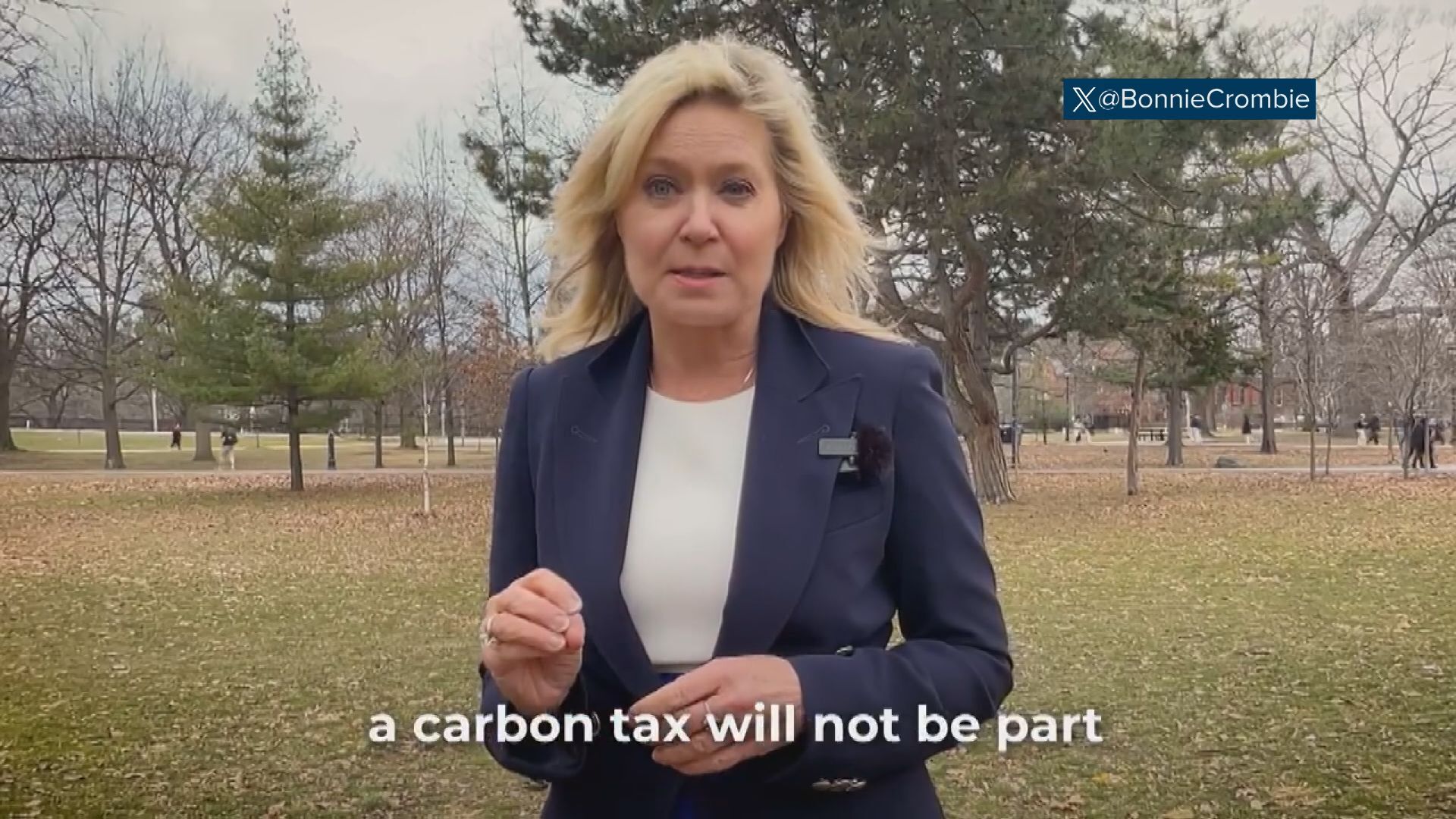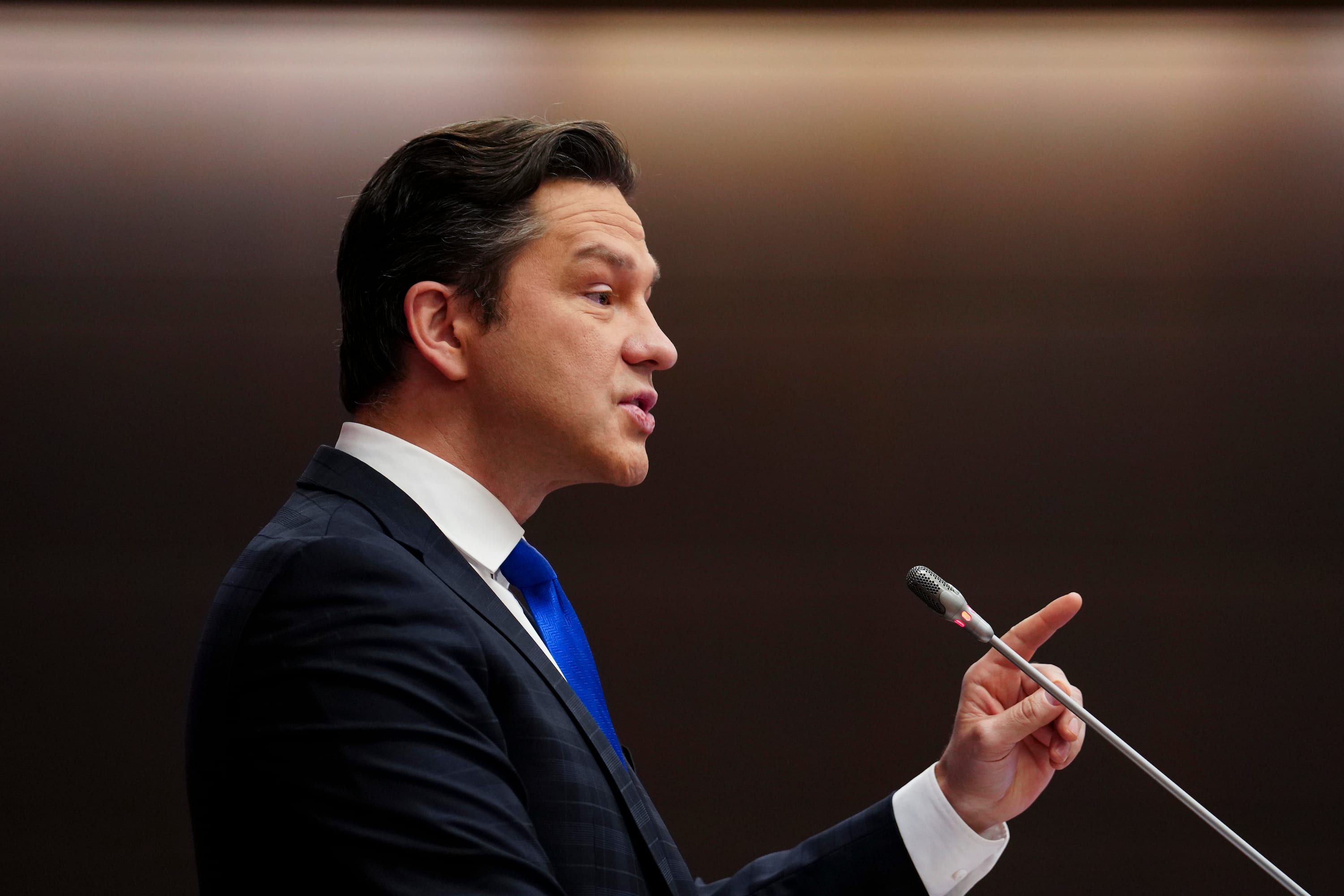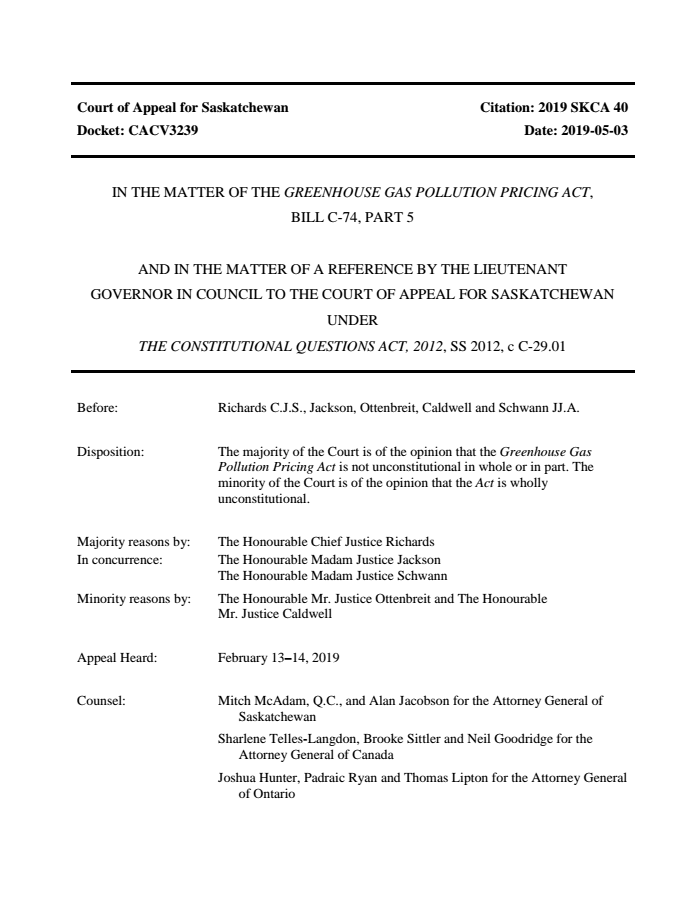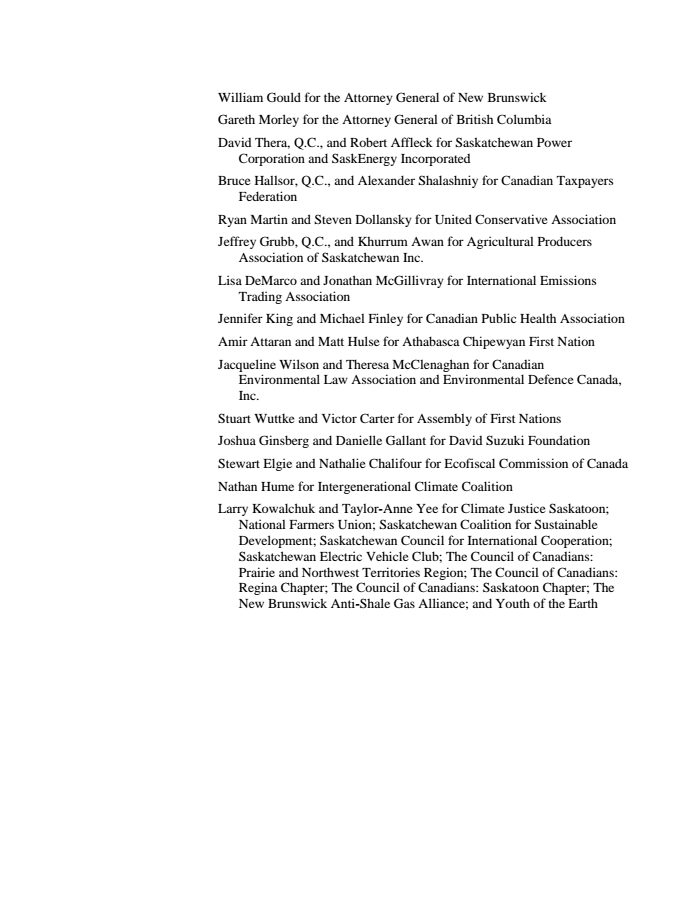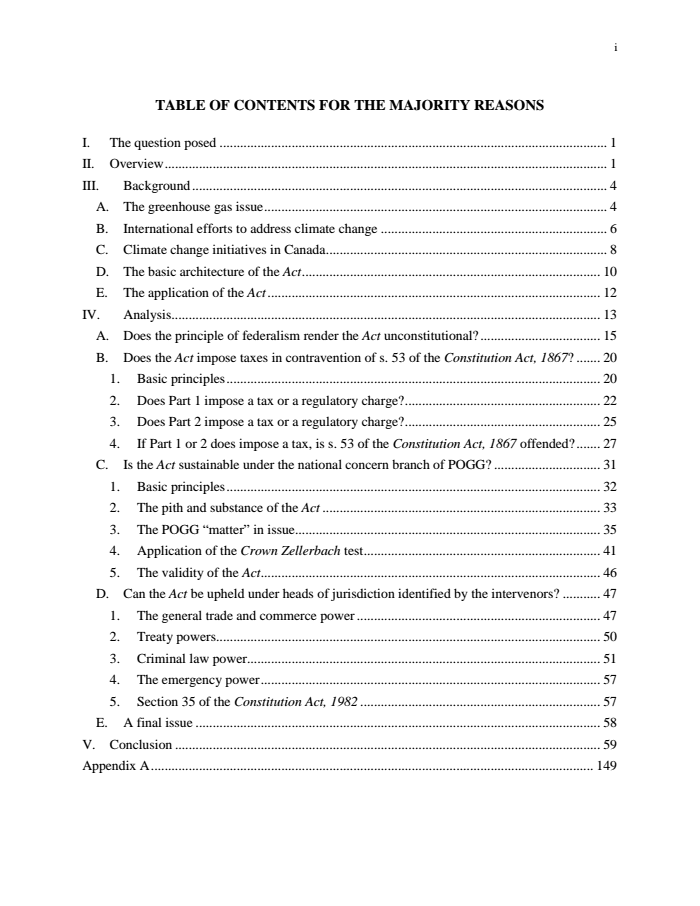Junaid B. Jahangir, MacEwan University
Wed, April 10, 2024
The federal carbon tax increase that has raised gas prices by three cents per litre in most Canadian provinces has been met by nationwide protests, many featuring slurs against Prime Minister Justin Trudeau.
Riding on this tide of protest, Alberta Premier Danielle Smith called the carbon tax “inhumane,” pushing back against more than 200 economists who signed a letter defending the carbon tax by telling them to come out of their ivory towers.
But economists are hardly infallible experts on the carbon tax and other fiscal measures implemented by governments.
A seasoned politician seizes the opportunity that populist outrage affords them despite their own inconsistencies. Indeed, Smith spoke of the benefits of the carbon tax in 2021.
While the carbon tax increase kicked in, the Alberta fuel tax was hiked by 13 cents the same day. In other words, the carbon tax has been a blessing for Smith as she deflects attention away from her own government’s role in raising gas prices.
Double standards
The carbon tax has come at an opportune moment for me as an economics professor, because I have been teaching about externalities — a cost or benefit that is caused by one entity but financially incurred by another — in intermediate microeconomics. I’ve noted the carbon tax serves as a scapegoat or a punching bag.
For instance, some homeowners have blamed the carbon tax for higher electricity bills in Alberta, ignoring the fact that the carbon tax does not apply to the electricity sector.
When the Alberta government implemented its fuel tax of 13 cents per litre, electricity bill rebates expired and deferred repayments kicked in.
Double standards abound on the carbon tax. While protesters chant “Axe the tax,” they ignore that fossil fuel subsidies cost them more than the carbon tax. This seems to be a common trend in economic issues.
Read more: Fossil fuel subsidies cost Canadians a lot more money than the carbon tax
As another example, businesses complain about the increase in minimum wage but remain quiet about the rising compensation of CEOs and senior management.
In a similar vein, the Alberta government rushes to economists to lend their expertise on critiquing the minimum wage, but spurns them when their views do not fit the desired narrative on the carbon tax.
This is because Economics 101, or what Harvard University Prof. James Kwak terms as “economism,” opposes initiatives like the minimum wage but supports measures like the carbon tax. Both stances are problematic, as I discovered while preparing lesson plans on the minimum wage and climate.
Textbook economics backs carbon tax
As an economics instructor, a key lesson is that the carbon tax is the least costly method to address carbon emissions. In my pedagogical paper on climate change, I refer to McGill University economist Chris Ragan, who states that the carbon tax is more efficient than regulation.
We believe that under emission or technology regulations, there is no incentive to do better than achieving those standards. But the carbon tax incentivizes investment in new technologies to limit the tax payment. Regulations also fail to bring in revenues, whereas the carbon tax facilitates government revenues that can be used to offer rebates to low-income households and reduce other taxes.
Additionally, ending fossil fuel subsidies and imposing the carbon tax are effective since a significant reduction in emissions isn’t going to happen due to consumer actions, like lowering the thermostat or cycling instead of driving. That’s despite the fact that such actions contribute to public morality and facilitate the implementation of government policies on climate change.
Similar to Ragan’s views, University of Alberta economist Andrew Leach advocates for carbon pricing as the best policy to reduce emissions in his book Between Doom and Denial. While the Alberta government milks populist outrage for political advantage, Leach argues that climate change is the single biggest environmental, political and societal challenge of our time.
The limits of textbook economics
Yet there is something awry about the textbook carbon tax approach.
Ian Urquhart, a professor emeritus of political science at the University of Alberta, pointed out in 2019 that a $30 per tonne carbon tax in Alberta did not prompt the public to use more public transit.
He argued that Canada would need a $200 per tonne carbon tax by 2030 to reach the target of 30 per cent less emissions than in 2005. The current estimated schedule for carbon tax hike by $15 each year will only lead it to $170 per tonne by 2030.
However, there is a more fundamental issue. The way textbook economics approaches climate change through externalities suggests it’s simply a minor aberration. Economist Kate Raworth points out in her book Doughnut Economics that this approach reduces the issue of climate change to a mere side-effect of production.
Mainstream economics focuses on two production factors — labour and capital. Energy and raw materials are ignored, which means that biophysical or ecological limits are disregarded in the pursuit of growth. According to Australian economist Steve Keen, that approach was embedded within the discipline of economics when Adam Smith shifted the focus on sources of wealth from land/environment to labour in his famous book The Wealth of Nations.
Keen argues that mainstream economics assumes 90 per cent of GDP will be unaffected by climate change. He adds that urgent warnings from climate scientists have been diluted by optimistic estimations by some economists who don’t account for tipping points that lead to catastrophic outcomes. In short, he argues, mainstream economics has been complicit in the existential crisis of climate change.
Other scholars make a similar argument, accusing mainstream economics of fostering dangerous complacency and delay on climate change by suggesting technological progress will address emissions via a profit motive.
Radical solutions
The carbon tax is an important policy tool. But it may be too little too late, necessitating radical solutions beyond the carbon tax.
In this regard, Keen argues that carbon pricing is not enough, calling for carbon rationing. His proposal rests on a universal carbon credit and pricing everything in terms of carbon and money, where the rich would have to buy credits from the poor.
Others call for immediate action on halting material growth. This is because by focusing on the tax-versus-regulation debate and ignoring ecological limits, mainstream economics fails to convey the urgent need to address the climate crisis.
Raworth argues in her book for replenishing living systems through designs like rooftops that grow food, pavements that store storm water to add to aquifers, buildings that sequester carbon and sewage that is turned into soil nutrients.
In essence, economists need to convey a sense of urgency on climate change. This happens by going beyond textbook economics and technical jargon by highlighting the ecological and biophysical limits to growth.
This article is republished from The Conversation, a nonprofit, independent news organisation bringing you facts and trustworthy analysis to help you make sense of our complex world. It was written by: Junaid B. Jahangir, MacEwan University
Read more:
Oil bosses call phasing out fossil fuels a ‘fantasy’ – but an international agreement is plausible
The domination of private interests presents a risk to the long-term health of the Bay of Fundy
Fining big polluters can reduce environmental damage, but only if the fines match the crimes
I am not affiliated with any organization. Though, I have in the past done research assistance work for the Parkland Institute.








